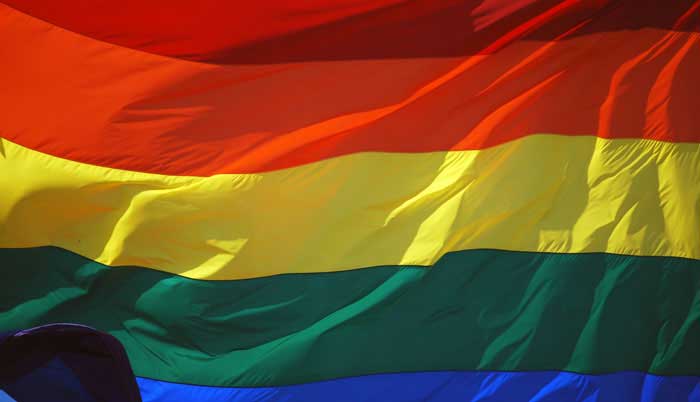The cultural intersection between LGBT rights and small business in America bears an extensive and complicated history. Although some people might be hasten to draw conclusions as to whether or not the rights of small businesses are compatible with those of LGBT communities in America, the reality is far too nuanced to yield any one definitive answer. In any case, though, an awareness of the complex of dynamic between small businesses and LGBT rights in the United States is fundamentally important to one's understanding of the social and cultural components of the professional world in America.
On the one hand, the relationship between LGBT rights and small businesses in America can be problematic and deeply strained. All too often, another report surfaces describing a family-owned U.S. business that has discriminated against an LGBT citizen. When this occurs, the owners of the business in question often cite freedom of religion or freedom of speech as a justification for their exclusive policies. While such discrimination can be disheartening to discuss, or even to think about, it is critical to understand the reasoning behind the actions of these companies, and to acknowledge the considerable extent to which small businesses could benefit from moving away from such prejudice.
On the other hand, small family-owned or community-supported businesses have also often played a crucial role in supporting LGBT Americans in their ongoing fight for social and legislative rights in the United States. The American LGBT community holds a relationship to small businesses that dates as far back as the 1950s, when locally owned bars, cafés, and similar businesses were the only safe havens for gay, lesbian, bisexual, and transgender people, as well as anyone other person whose identity, lifestyle, and desires were outlawed by the American government. For decades, and especially in free-spirited and Bohemian areas such as New York's East Village, small businesses have been tremendous resources, and at times even sanctuaries, for LGBT Americans embroiled in the fight for basic civil liberties. There is, perhaps, no better example of this than the historic Stonewall Riots of 1969, when scores of LGBT Americans rioted against the New York Police Department in defense of the Stonewall Inn, a local bar that had grown popular among gay, lesbian, bisexual, and transgender locals. These riots, which would go down in history as one of the defining moments in the fight for LGBT equality, were made possible by the mutually supportive relationship that lesbian, gay, bisexual, and transgender New Yorkers shared with this local small business.
Of course, it is clear that American small businesses should treat gay, lesbian, bisexual, and transgender customers exactly the same way that they treat heterosexual customers—after all, discrimination is never acceptable. It is nevertheless overwhelmingly apparent, though, that the relationship between LGBT rights and American small businesses it not as simple as it may initially seem. Encouragingly, recent legislation has been passed in many states in order to prevent discrimination and repair the relationship between LGBT Americans and small businesses. In any case, it is likely that the rights of LGBT citizens and small business owners will remain fundamentally intertwined, due to the extent and intricacy of their collective history.

